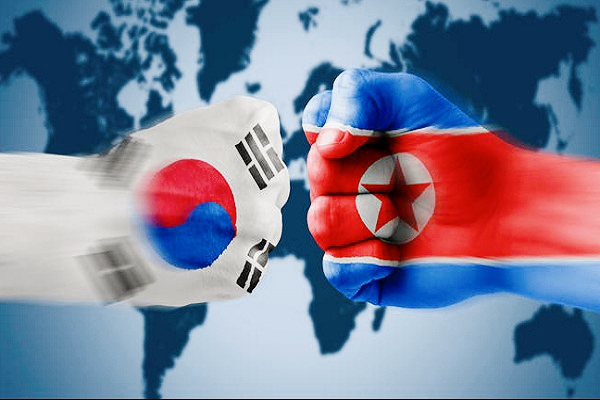In a move aimed at easing military tensions, the South Korean Ministry of Defense announced today, Monday, the suspension of propaganda radio broadcasts directed at North Korea, known as "Voice of Freedom".
This radio station was established in 1962 and had been broadcasting intermittently for over half a century.
Typically, the suspension or resumption of broadcasts was linked to periods of tension or easing between the two sides of the Korean Peninsula.
This decision comes at a sensitive time, as South Korean President Yoon Suk-yeol, who took office last June, seeks to enhance dialogue with Pyongyang, reflecting his efforts to reduce tensions in the region.
South Korean Defense Ministry spokesman Lee Kyung-soo stated to the press: "The broadcast of 'Voice of Freedom' has been suspended as part of our measures to reduce military tensions with the North".
This action is the latest in a series of steps taken by the new administration in Seoul to engage with North Korea.
Earlier, the use of loudspeakers at the border between the two countries was halted, and several of them were partially removed.
The "Voice of Freedom" radio station broadcast a range of programs that included global news, as well as South Korean "K-Pop" music, to North Korean residents, who suffer from strict restrictions on external information.
These programs aimed to break the media isolation imposed on the northern population.
It is noted that the recent suspension of broadcasts came after it had previously stopped again in 2004, during a period of rapprochement between the two countries, but resumed in 2010 following North Korea's attack on a South Korean warship, which resulted in the death of 46 sailors.
Despite President Yoon Suk-yeol's efforts to improve relations with Pyongyang, North Korea has shown little interest in these initiatives, having described the South Korean leader as a "hypocrite" earlier this week, following his remarks about denuclearization on the Korean Peninsula made during his visit to the United States.
The crisis between the two Koreas continues despite these attempts, making it difficult to predict the future of relations between the two countries in the near term.

